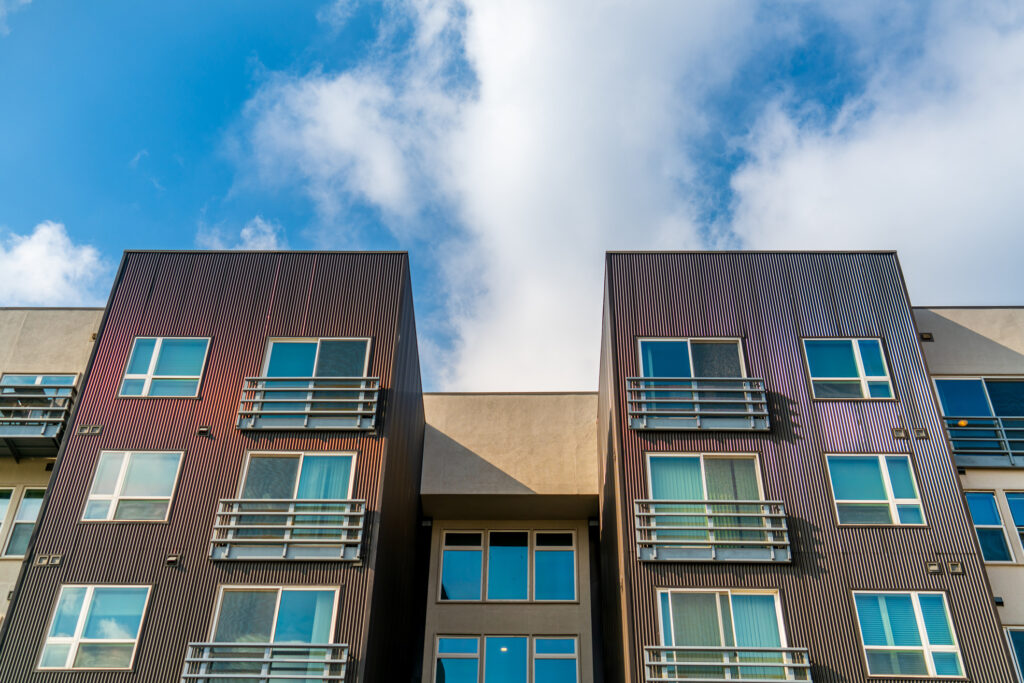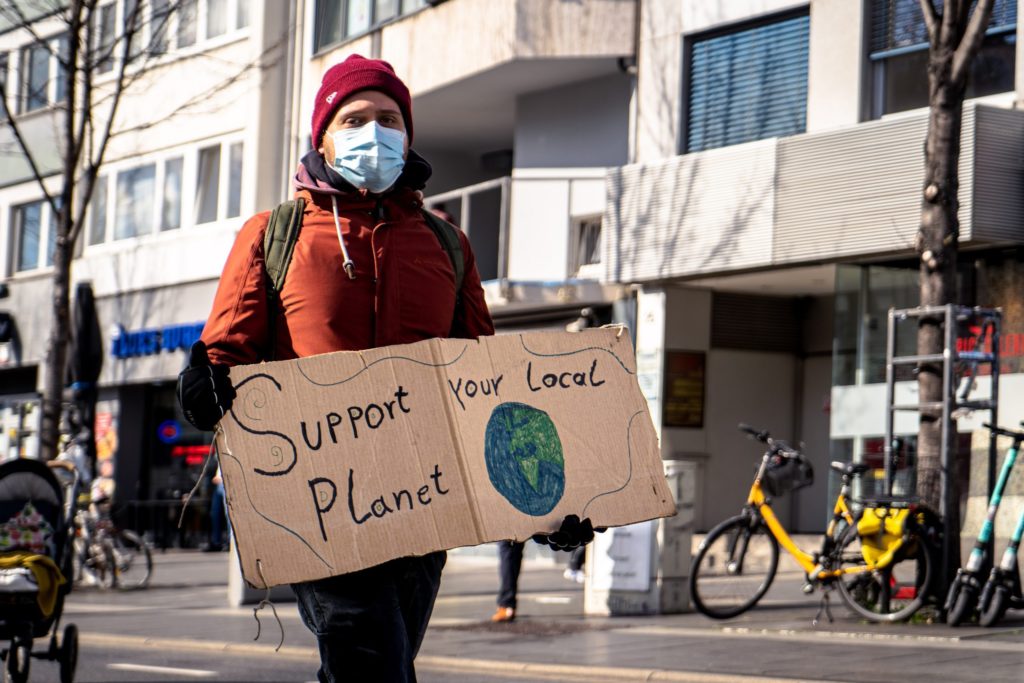
Disaster Recovery Centers For Resilient Communities In Austin
In the past decade, the City of Austin, TX has experienced climate change in the form of record-breaking heat, droughts, historic floods, severe winter storms, and devastating wildfires that have taken lives, displaced community members, and stressed infrastructure. In 2021, Austin’s City Council passed a Resolution to begin building a... Read more

Building Resilience Across City Operations
In 2020, the City of Nashville and Davidson County (Metro) endured multiple disasters, including an EF3 tornado in early March, a derecho in May, and the Christmas Day bombing. All of this occurred during the COVID-19 pandemic, which had immediate negative effects on the Metro’s economy and public health. For... Read more

Energy, Equity, & Climate Agenda
In 2021, U.S. cities experienced twenty natural disasters that caused more than $1 billion in damage each. Man-made disasters (e.g., terrorism, power outages, cyber-attacks) also inflict severe damage. The City of Atlanta is working to mitigate climate change and build residents’ resilience through a variety of pathways, with an emphasis... Read more

Addressing Residential Displacement Through Tenant Engagement
Between 2010 and 2016, over 500,000 Bay Area residents were at high risk for displacement. These displacements are disproportionately occurring in Latino, Asian, and Black neighborhoods that also experience more overcrowding and poverty than citywide averages. While displacement is a complex market-created phenomenon, San José is taking a leading role... Read more

Climate Resilient Healthcare Systems
King County is dedicated to building innovative and intersectional climate solutions that support community resilience and limit the climate burden on frontline communities. The County’s 2020 Strategic Climate Action Plan (SCAP), is a five-year plan for the County’s climate actions, integrating climate change into all areas of County operations. Under... Read more

Dismantling Barriers to Homeownership Through Innovative Programs and Policies
For many Americans, the dream of owning a home – often considered the best way to build wealth in this country – is increasingly out of reach and unaffordable. In Kansas City, for many residents, this is the reality. While over 50% of Kansas City residents own their homes, there... Read more

Identifying Innovative Funding Mechanisms to Address Unsheltered Homelessness in Austin
In spring 2021, city leaders facilitated the first Summit to Address Unsheltered Homelessness in Austin – the purpose of the summit was to develop an implementation strategy to effectively and significantly reduce unsheltered homelessness in the city. In the next three years local leaders are determined to rehouse 3,000 people... Read more

Implementing Strategies to Mitigate Disaster and Build Long-Term Urban Resilience
In 2020, Nashville weathered the worst disasters in the city’s 238-year history. This included being hit by a category EF3 tornado in early March – the largest natural disaster in the city since the area’s 2010 flood. Then the outbreak of the COVID-19 pandemic, which briefly debilitated the city’s tourism... Read more

Creating Equitable Pathways to Quality Jobs in Furtherance of L.A.’s Green New Deal
The City of Los Angeles knows that taking immediate action to sustain clean air, water and healthy living conditions is a moral imperative. Building on its initial Sustainable City Plan (2015), the City’s Paris-compatible Green New Deal (2019) laid out ambitious targets to directly address issues ranging from inequitable access... Read more

Building Community Resilience by Implementing a Climate Health Equity Program
King County Public Health – Seattle & King County (PHSKC) and its Environmental Health Services Division (EHS) are dedicated to building innovative and intersectional climate solutions that support community resilience and limit the climate burden on frontline communities. The department’s Blueprint for Addressing Climate Change and Health (Blueprint) offers a... Read more
